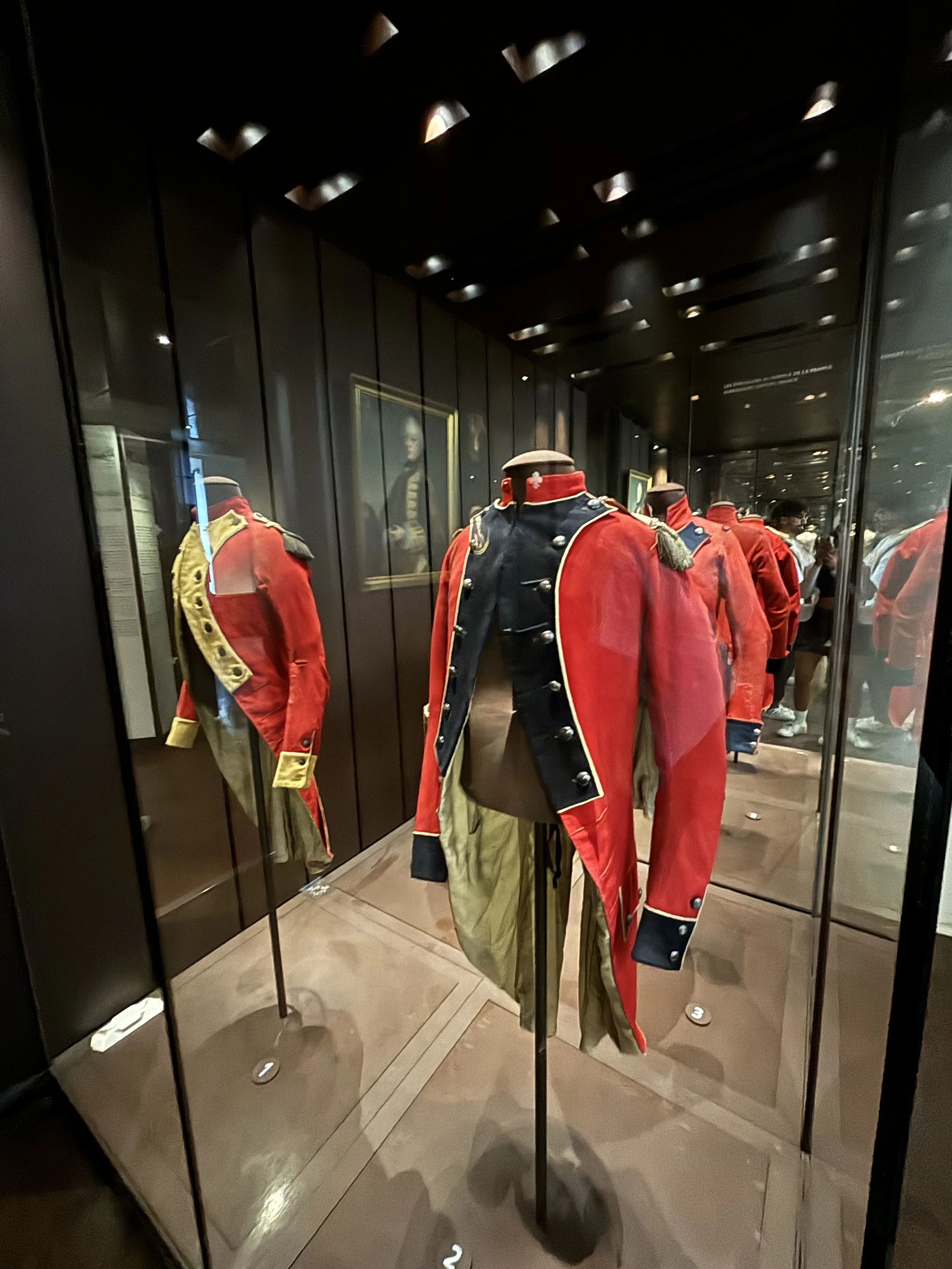Sometimes I wish I had a super memory, so that I could ace all my biology exams and never forget a single thing. Photographic memory, however, isn’t something I currently possess. Our brains have a limited capacity. We tend to remember what’s useful, what we associate meaning with. Then there are flashbulb memories, moments tied to a specific emotion. Like the time I got into USC. I’ll never forget that feeling, like I had just won a million bucks.
Episodic memory is our ability to recall personal experiences, events from our lives. These, along with flashbulb memories, seem easier to recall. It’s our life, after all, right? Then there’s semantic memory, facts and general knowledge. That’s like knowing to look both ways when crossing the street or recalling names of presidents and moments in history. So when I say I wish I had a super memory, I don’t mean photographic memory. I mean I wish I could supercharge my semantic memory.
I’m convinced Victor Hugo had exactly that. He writes about the year 1812 like he had lived and breathed every second of it. His narration is so vivid it feels like we’re right there with him. When I walk through Paris, I notice the boulangeries, pâtisseries, and boucheries. But if you asked me what was in a particular boulangerie’s display, I probably couldn’t tell you. Victor Hugo probably could.
““Under the third arch of the Pont d’Iéna you could still distinguish by its whiteness the new stone used to fill the hole for explosives that Blücher had made two years earlier to blow up the bridge.””
Hugo includes rich, specific details that endear the reader to the world he’s building. It makes me wonder: do I just move through life, museums, class, through time, without truly noticing the little details? I don’t want to be a passenger in my life. I want to be the driver.
So when I visited the Napoleon museum, where Napoleon Bonaparte is buried, I paid attention to those small details. Rather than rushing through everything, I slowed down and absorbed as much as I could, just as I imagine Victor Hugo might have. I noticed that as I went downstairs, the sculptures felt like they were leaping toward me. In one sculpture, a man on the ground looked up at his companions with fear. I found myself wondering: What was he feeling? Why was he feeling that way?
Instead of turning to the description or googling the scene, I trusted my imagination. Maybe he was scared of aristocrats. Maybe he had stolen from them, and they were about to punish him. Sure, I might be far from the truth, but using my imagination with art is like people-watching, crafting little stories about others, pretending I’m walking in their shoes.
I started to wonder what life would be like if I were Napoleon. Would I be greedy? Would I want to conquer the entire world? Or would I care deeply about my people, enough to let an ordinary man rise to become a general? Napoleon is portrayed both as a villain and a hero. Victor Hugo paints him in a glowing light, and it’s clear France admires him too, we’re literally standing in a vast museum dedicated to him.
In Les Misérables, even Marius changes his political stance after discovering his father fought under Napoleon. He rejects his grandfather’s royalist views and chooses homelessness to connect with his father’s legacy. That alone shows how deeply Hugo admired Napoleon.
As I wandered through the army museum, I saw the horses, swords, and uniforms. I could imagine Napoleon getting ready for the day, “strolling” on his horse. I pictured him enjoying an extravagant breakfast in bed before meeting with his tailor to get dressed for military training. A three-course meal followed: hors d’œuvres for l’entrée, Bœuf Wellington for the plat principal, and tarte au chocolat for dessert. After a long sieste, he’d meet with his generals to go over strategy for conquering more lands.
French military uniforms from the Napoleonic era
Of course, this was all made up, based on the limited facts I could recall.
Here’s what actually happened in a day in Napoleon’s life:
He woke up before 5 a.m. to read military reports. He rarely ate breakfast, as his mornings were filled with foreign affairs. After that, he’d take a walk in the Tuileries. Lunch was quick and simple, roast chicken and eggs. The afternoon was spent attending meetings or writing letters. In the evening, rather than relaxing, he continued working. Dinner was modest, and he worked until midnight, writing orders and handling tasks. He only slept three to five hours a night.
““Six hours of sleep for a man, seven for a woman, and eight for a fool.””
No, thank you. I’ll be getting my eight hours. But that’s beside the point.
Memory is fallible. We can invent things that aren’t necessarily true. I crafted my version of Napoleon’s life from vague knowledge. I imagined him as a king living in luxury. In truth, he was a tireless worker, devoting his time to his country.
